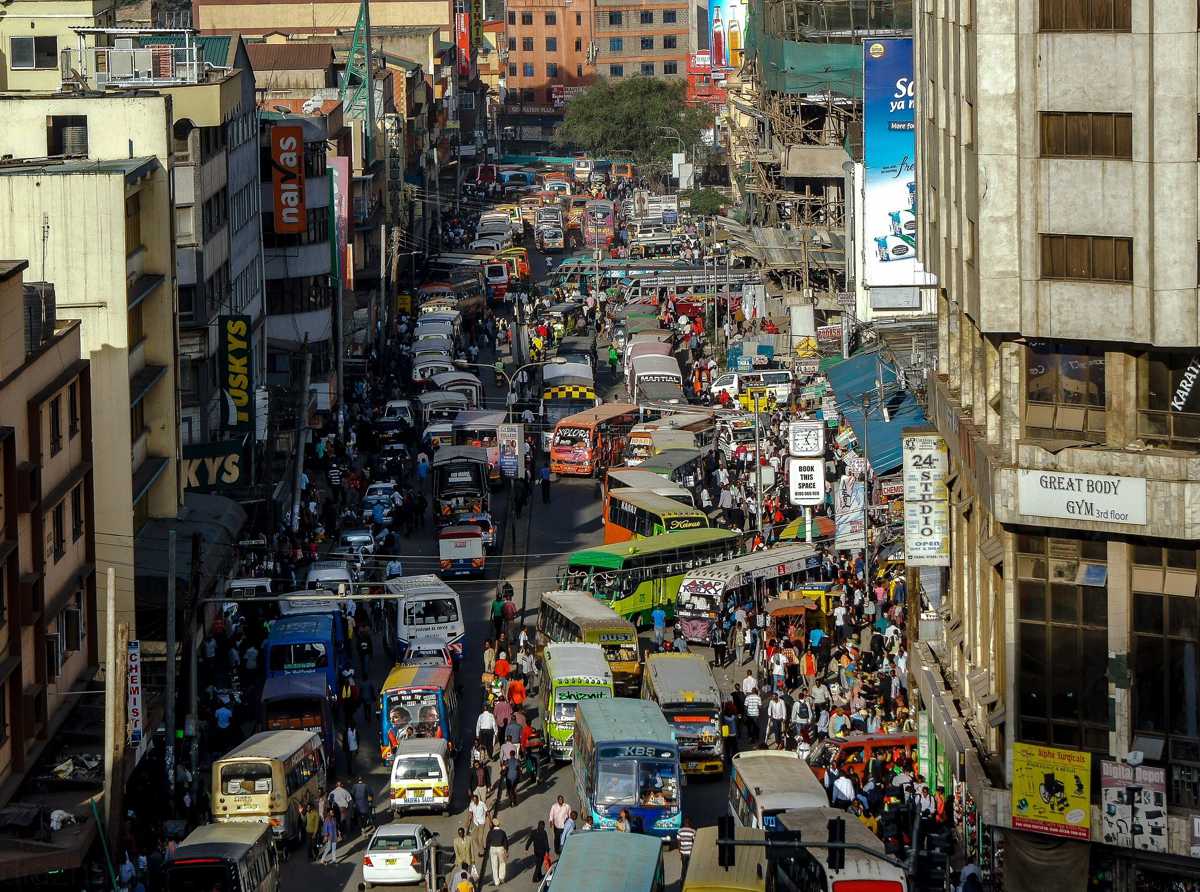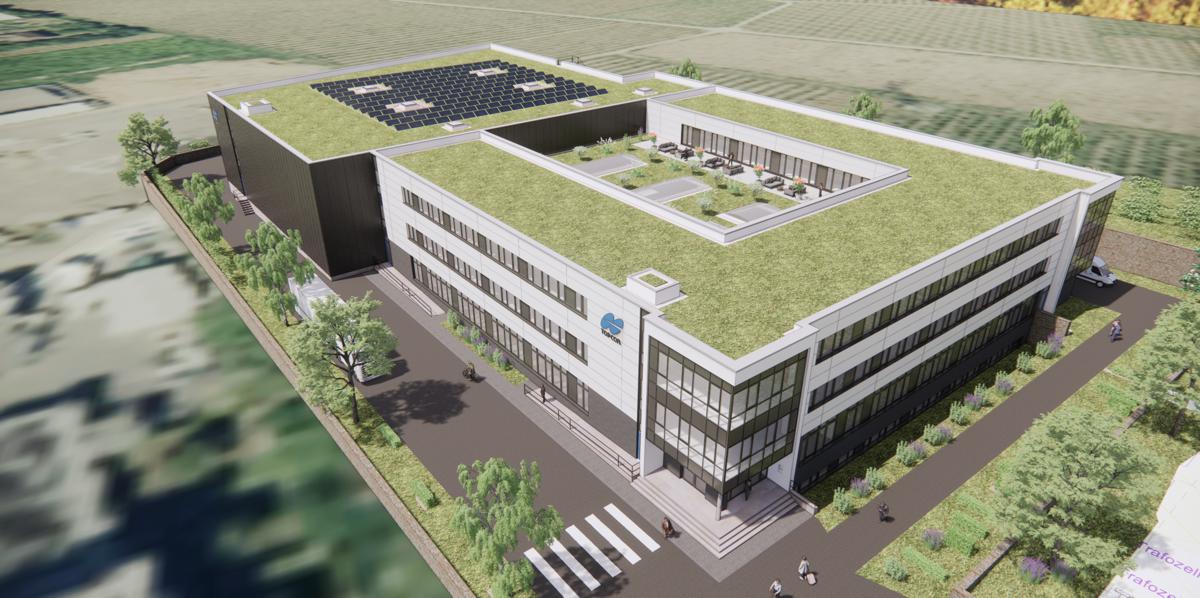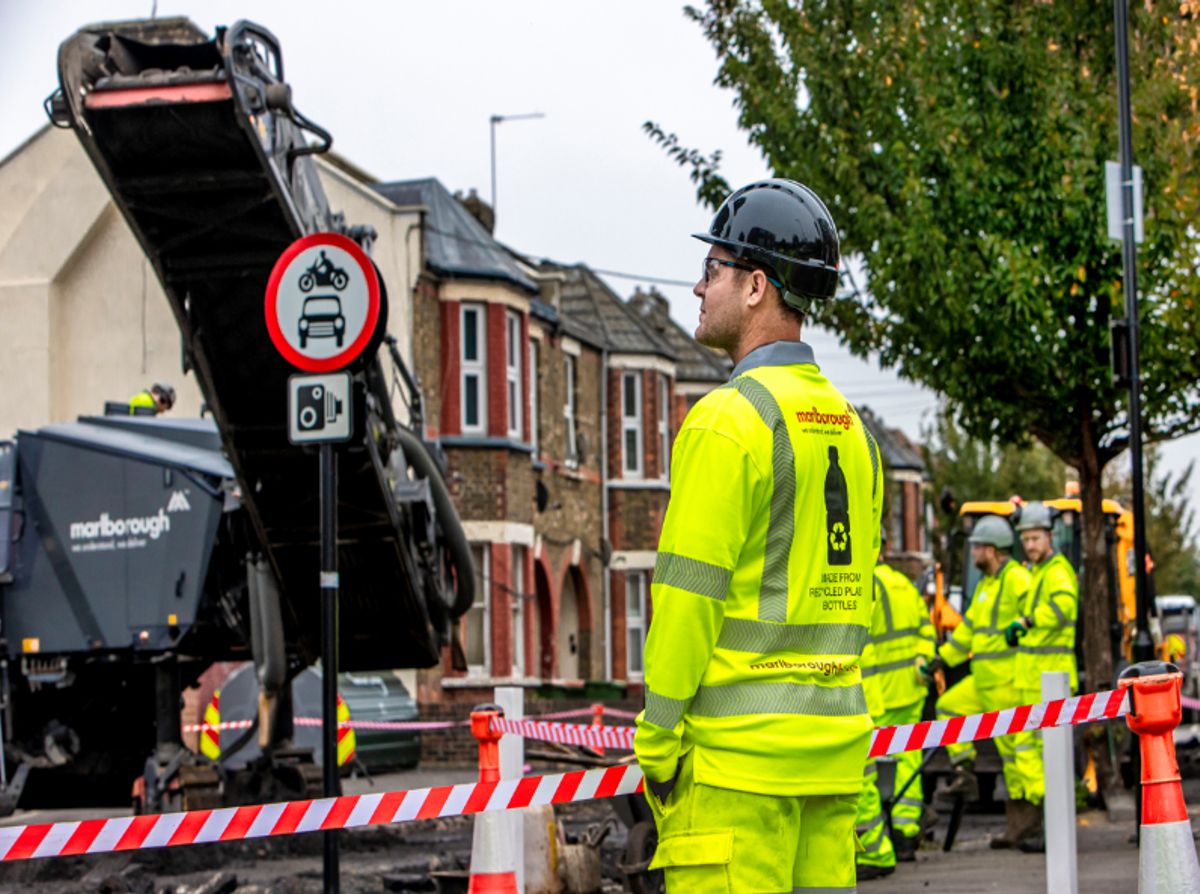World Bank $50m grant supports Urban Development in Sierra Leone
The World Bank Board of Executive Directors approved a $50 million grant from the International Development Association (IDA) for the Resilient Urban Sierra Leone Project.
The project will improve integrated urban management, service delivery, and disaster risk management in the Western Area and selected district capitals across the country. It will help address the needs of the capital Freetown as the economic engine of Sierra Leone, while catering to the unique opportunities and challenges in the district capitals: Bo, Makeni, Kenema, Koidu, Port Loko and Bonthe.
The project will support an integrated spatial approach to the multisectoral urban development challenges facing the country, including integrated urban planning, own-source revenue enhancement, infrastructure upgrading, solid waste management, and disaster preparedness and management, with the aim to support and advance liveable, well-planned, financially sustainable, and productive urban centres. It complements a range of government programs, World Bank projects, and development partners’ support to leverage maximum impact for the people of Sierra Leone.
“The lack of defined urban policies on land use and management of public investments continue to hamper sound urban management, particularly in district capitals,” said Gayle Martin, World Bank Country Manager for Sierra Leone. “This project offers a major opportunity to ensure well managed urbanization that supports growth, investment, and community aspirations. Furthermore, given Sierra Leone’s vulnerability to climate-related shocks, this project supports the country’s disaster risk management capacity, contributing to sustainability and resilience.”
Sierra Leone’s urban population has almost doubled in the past five decades, with over 40 percent of the population now living in urban areas. The country is highly exposed to a range of natural hazards with recurrent flooding and landslides posing the greatest risks, thus disrupting economic and social functions, and imposing high public and private costs for rehabilitation. This disaster and flood risk is further compounded by extremely limited solid waste management capacity, which has not kept pace with urbanization, especially in Freetown, hampering the city’s livability.
Presently, only 25 percent of the city’s waste is transported to its overflowing dump sites, while the remaining (more than 300 tons per day) is buried, burned, or dumped in waterways or drains. Waste clog the already insufficient stormwater drainage system, exacerbating flood risks and the prevalence of vector-borne diseases.
The project will enhance the overall solid waste management system, including the construction of a new landfill in Freetown, and sustainable solutions in selected district capitals to operate and maintain their waste management systems and keep ahead of their projected population growth.
“The project aims to build basic foundations to help city councils guide resilient urban development. Over the longer-term, it aims to strengthen cities’ institutional and financial capacity and develop the appropriate integrated urban planning tools and service delivery infrastructure to enable the country to fully capture urbanization dividends,” said Tiguist Fisseha, World Bank Senior Disaster Risk Management Specialist and project Task Team Leader.
The total cost of the project is $56.73 million, of which $50 million is financed by the World Bank and $6.73 million from the Global Environment Facility.















